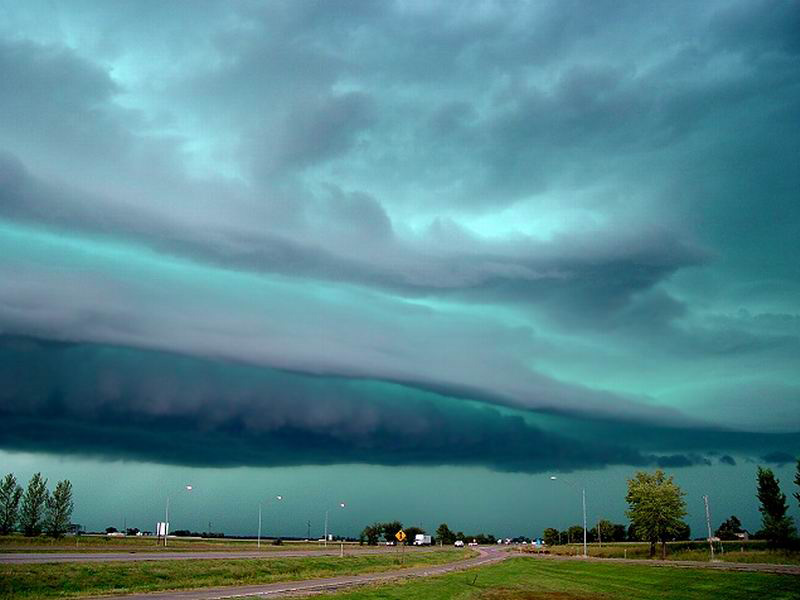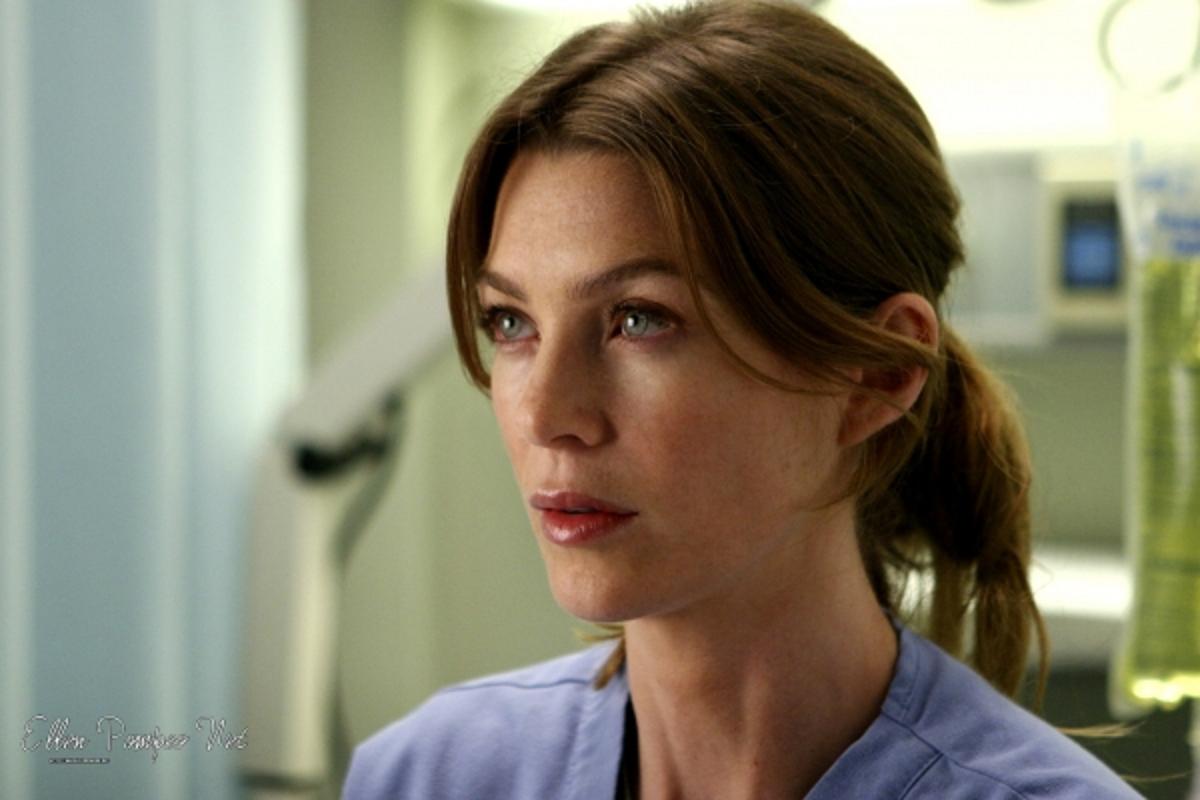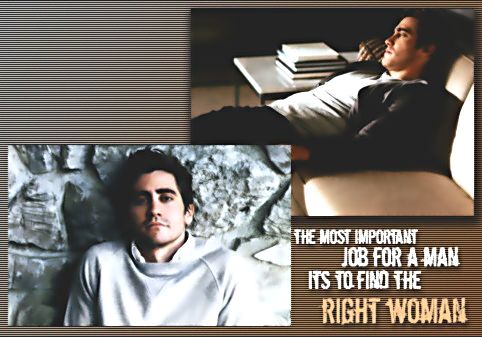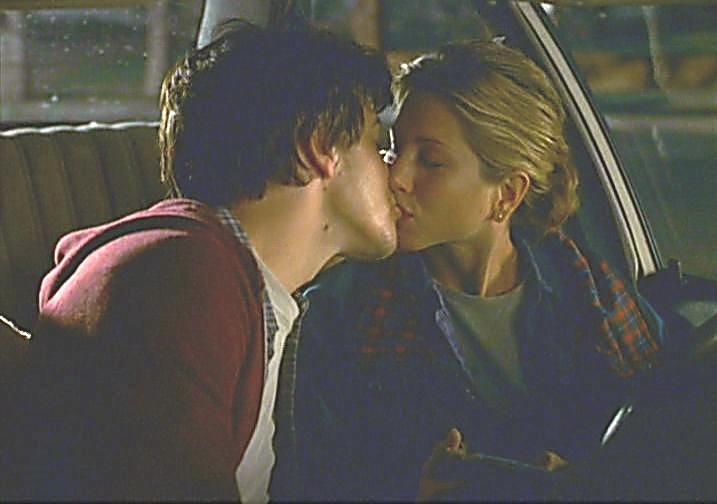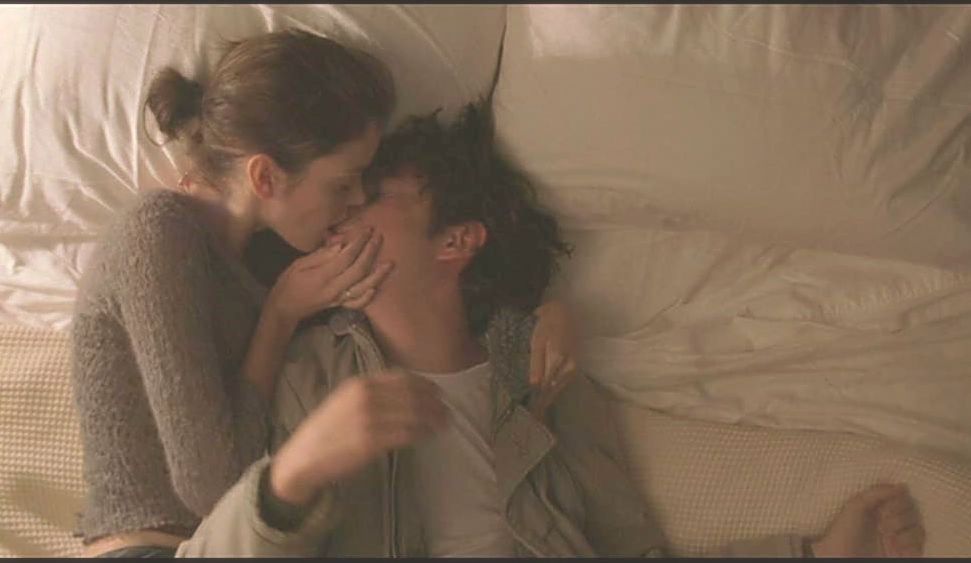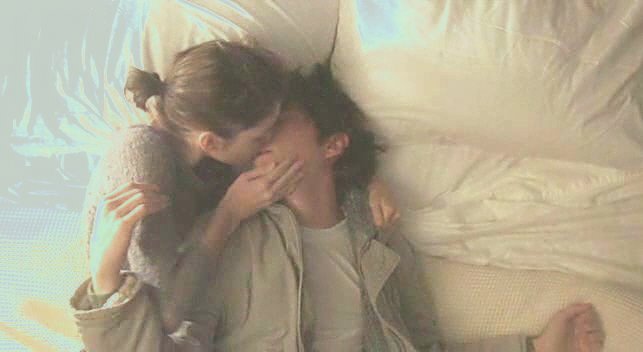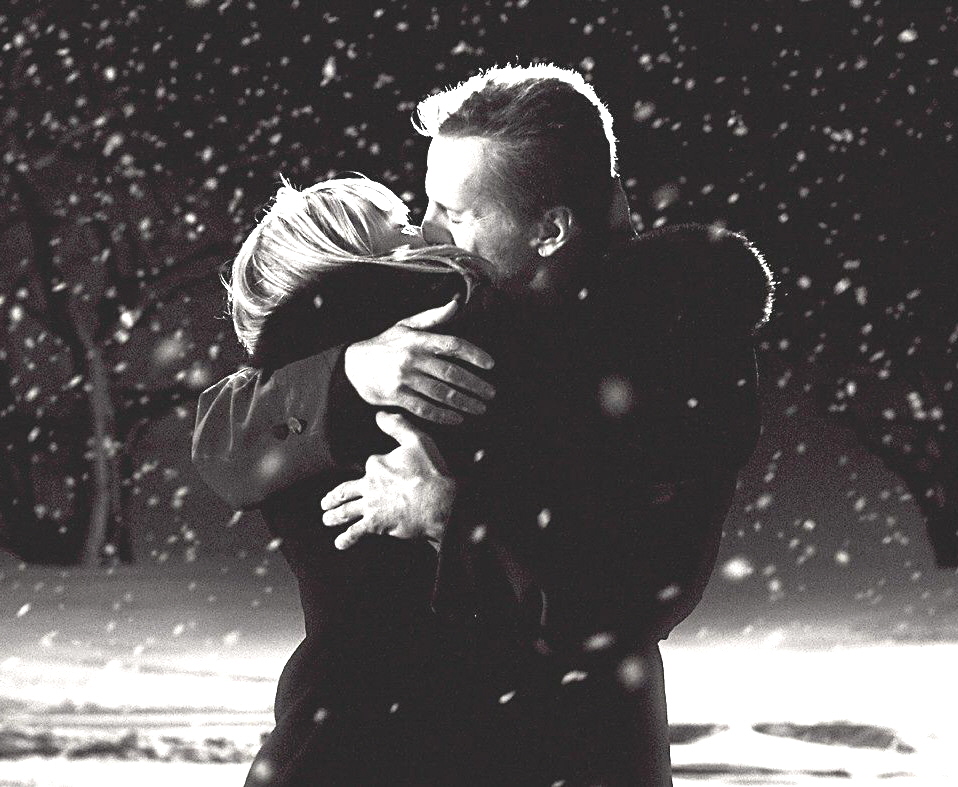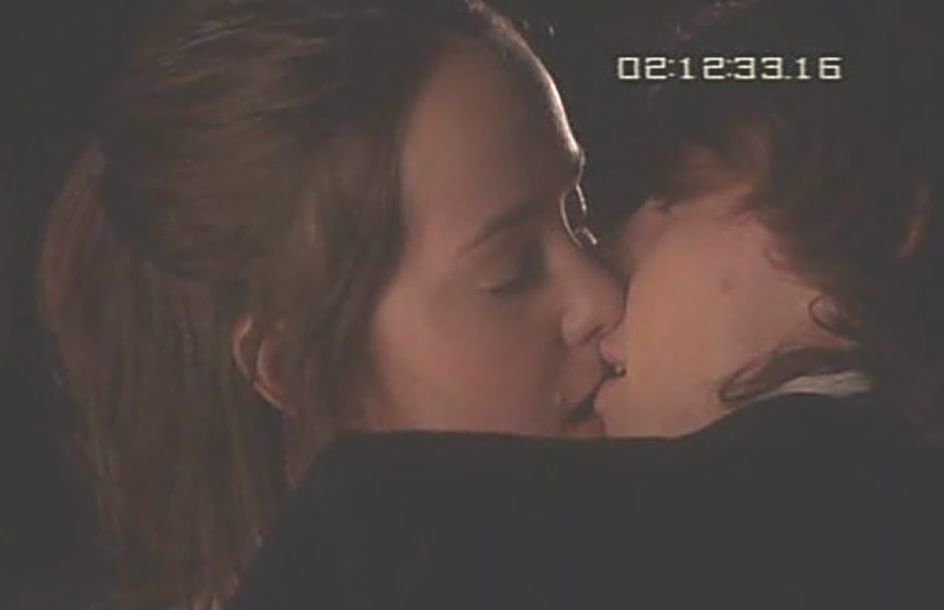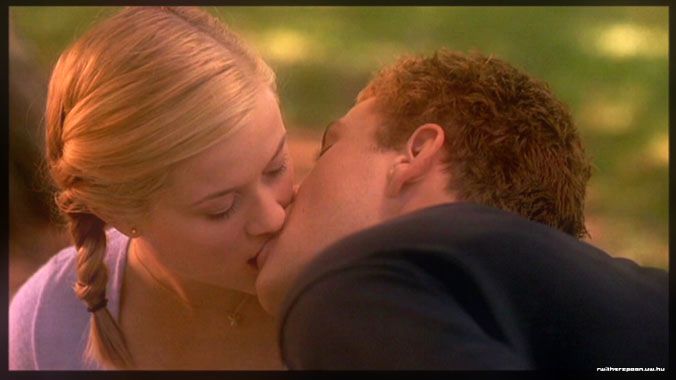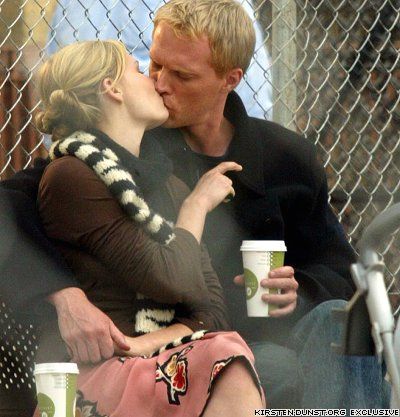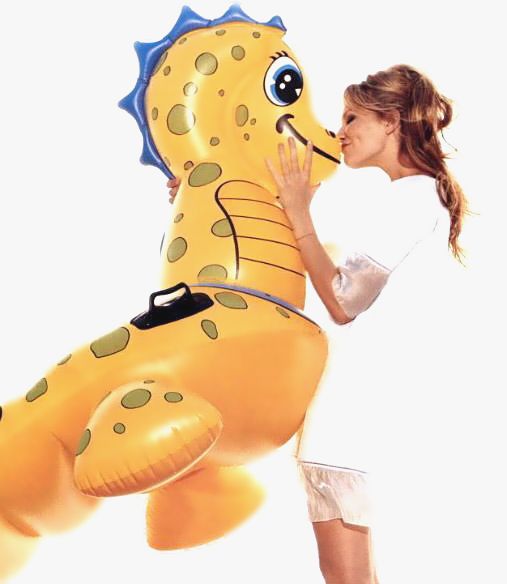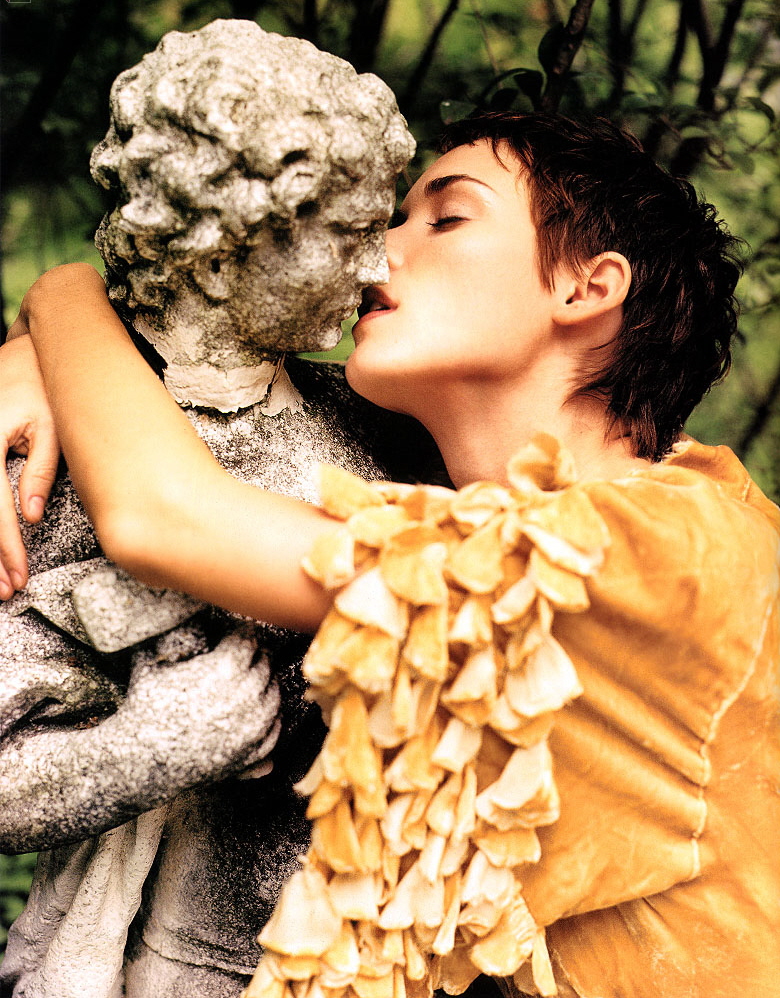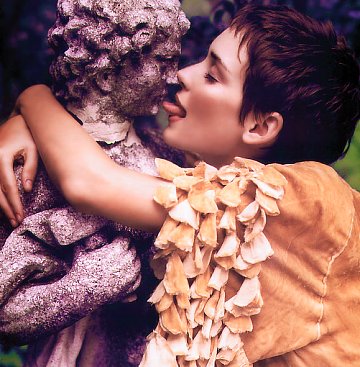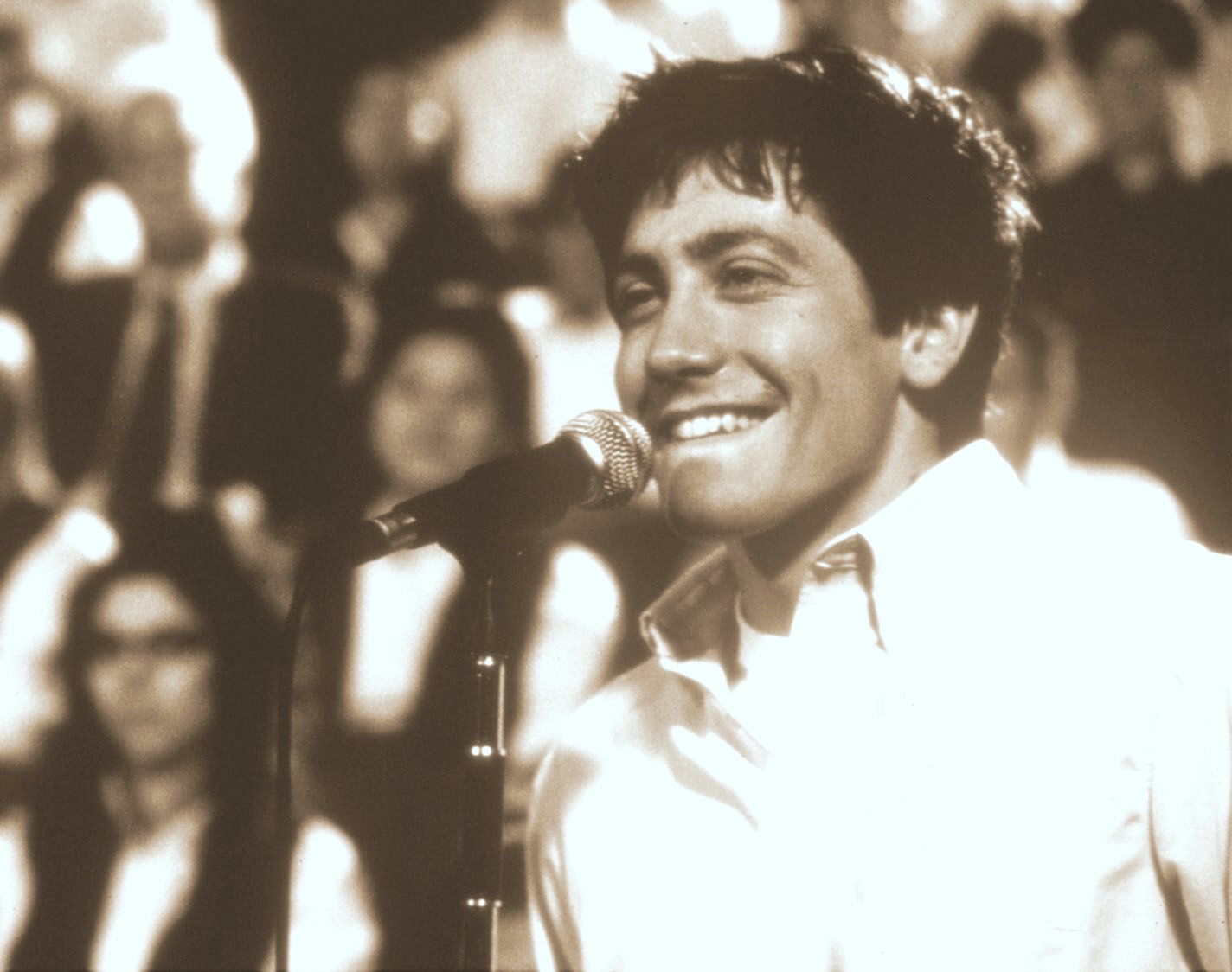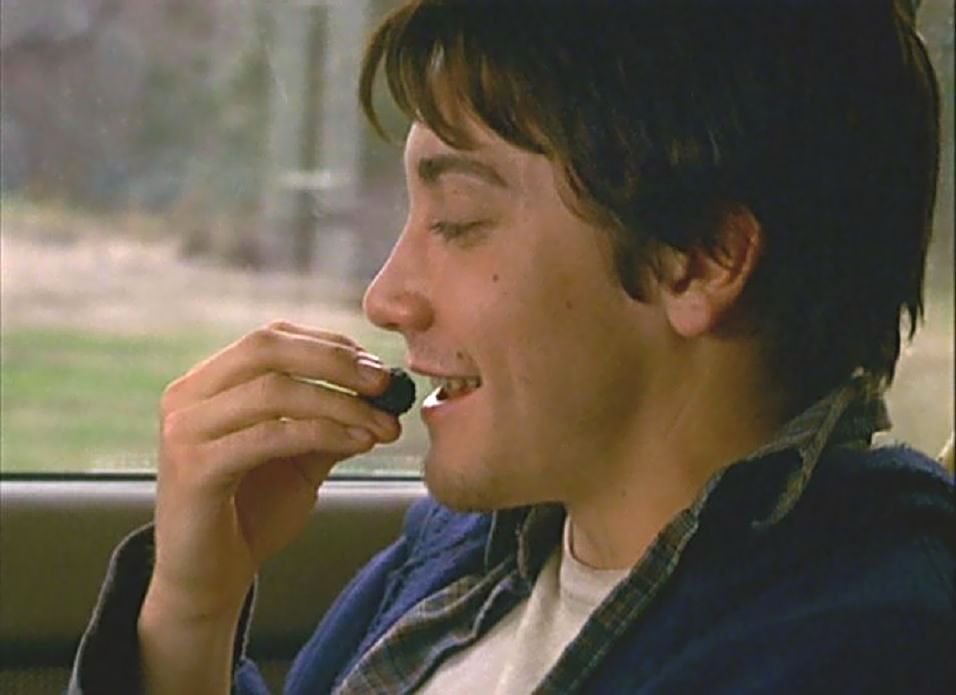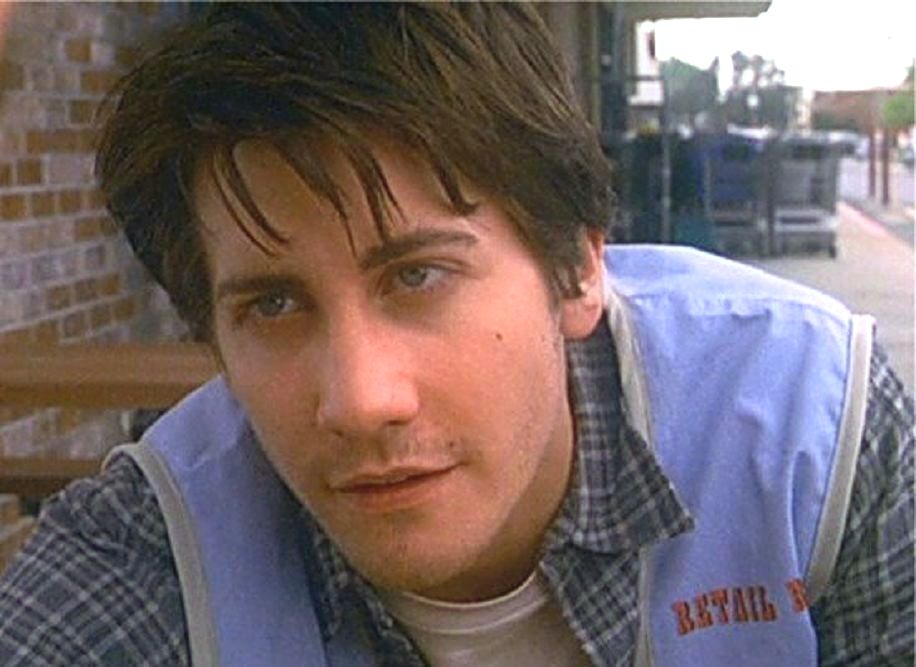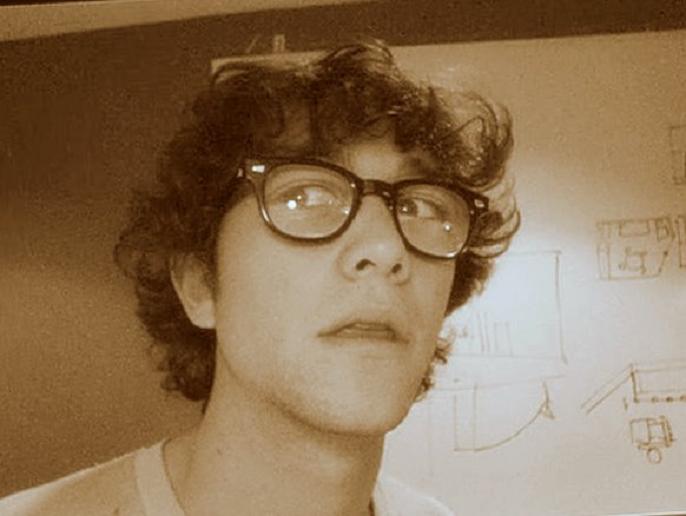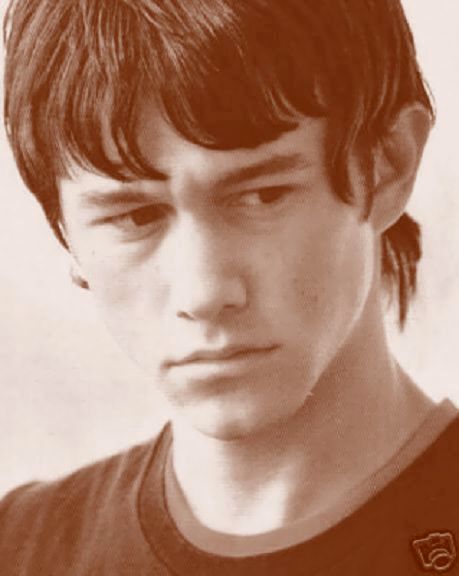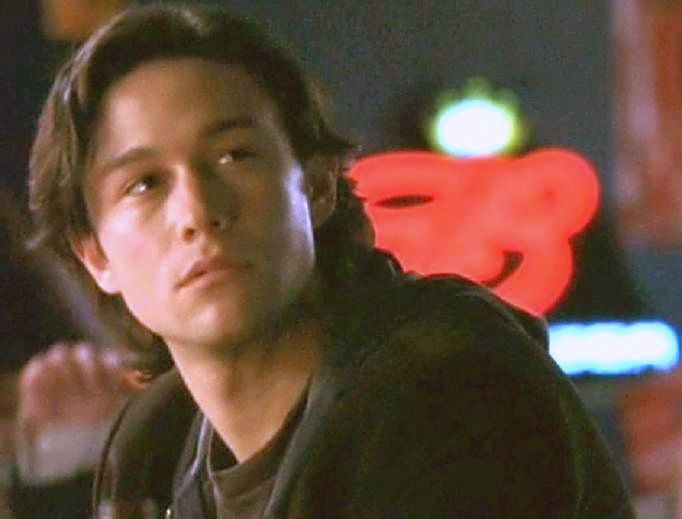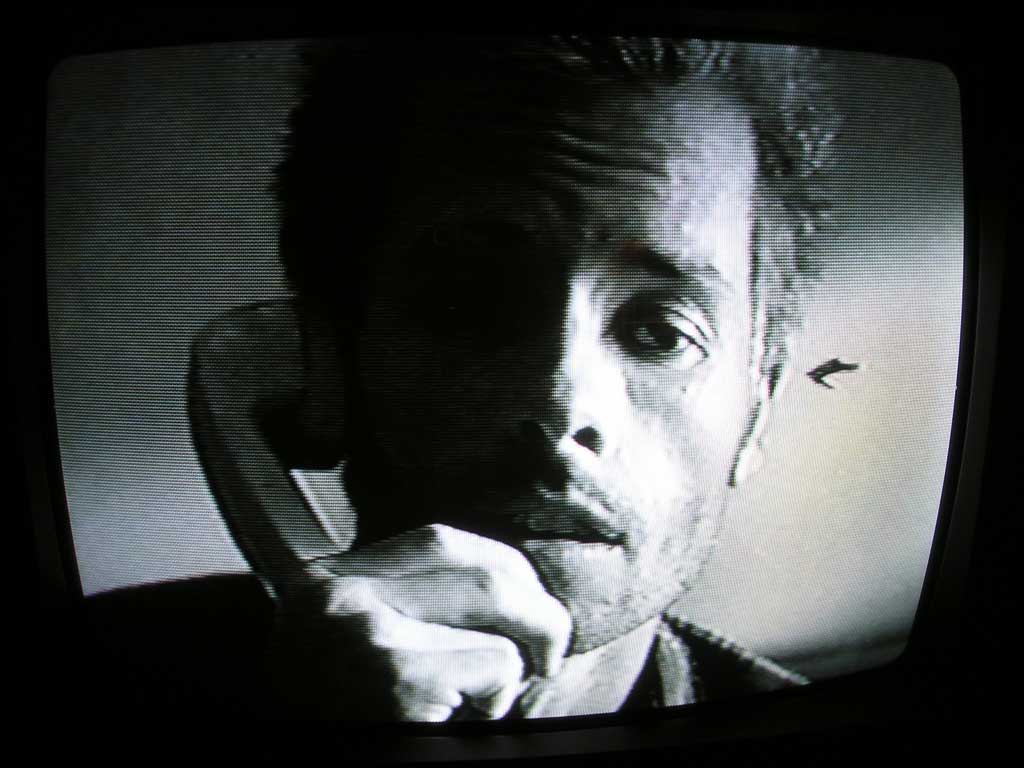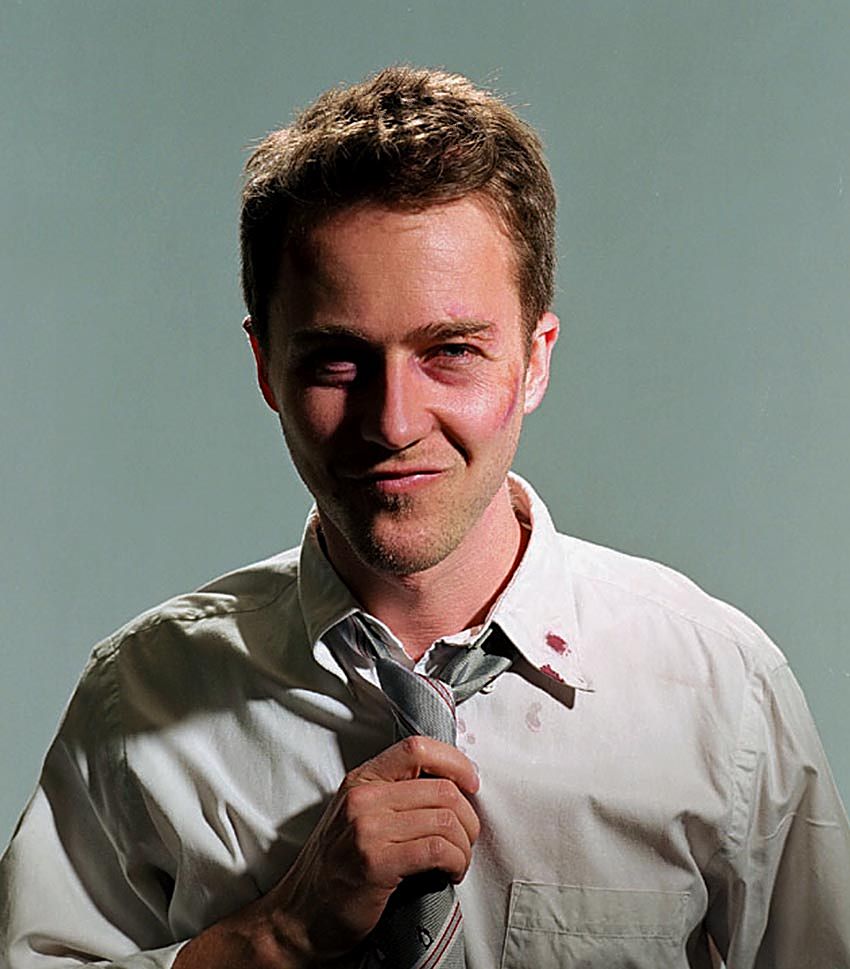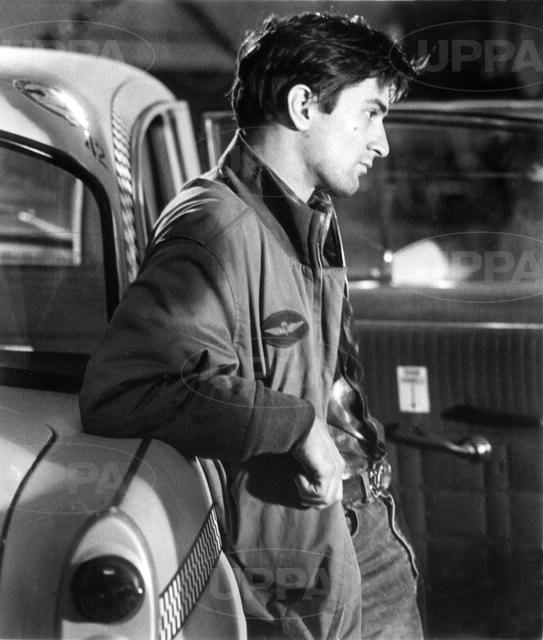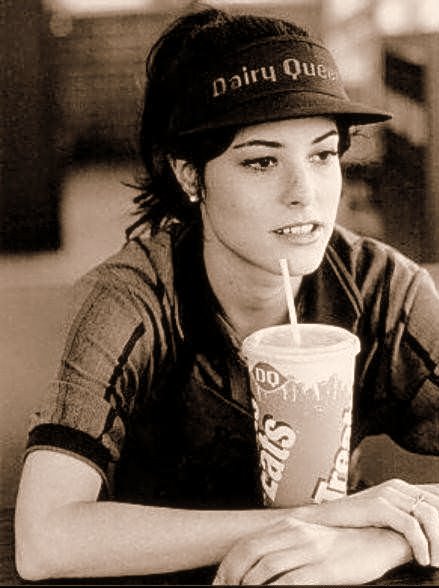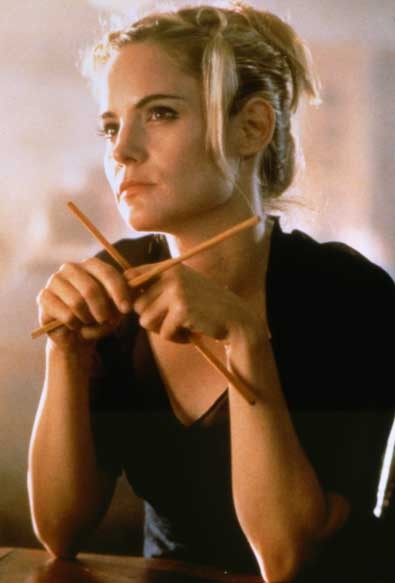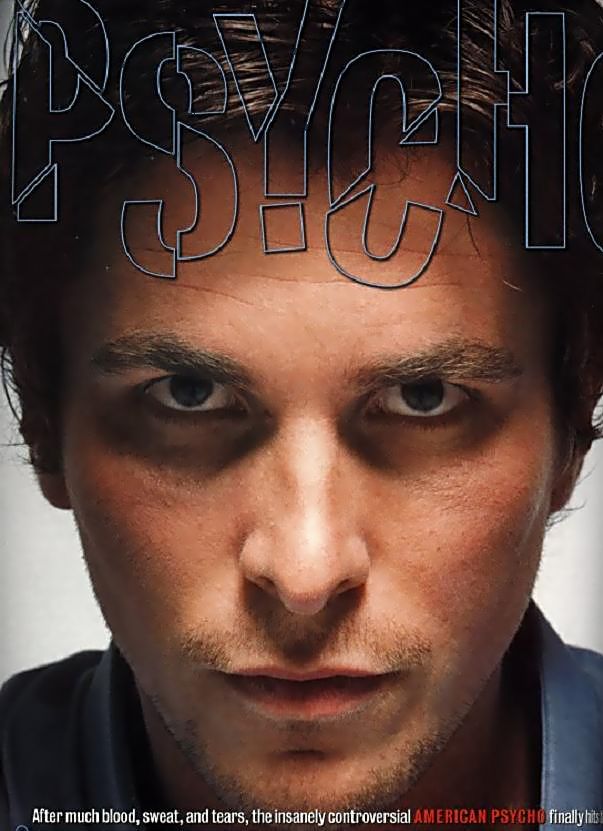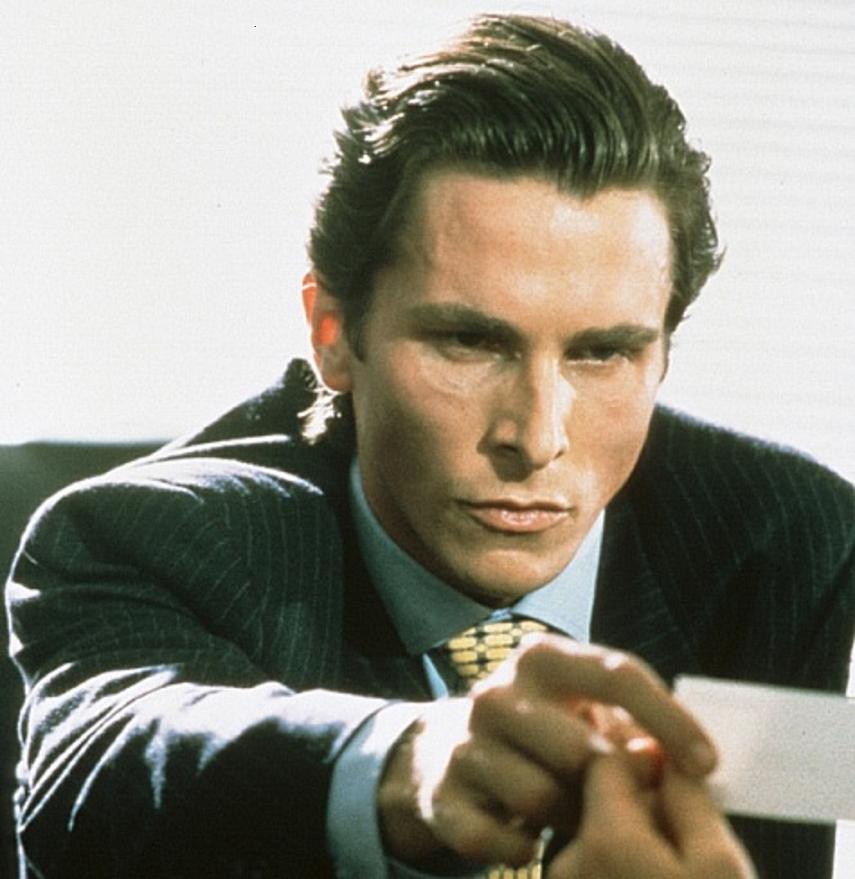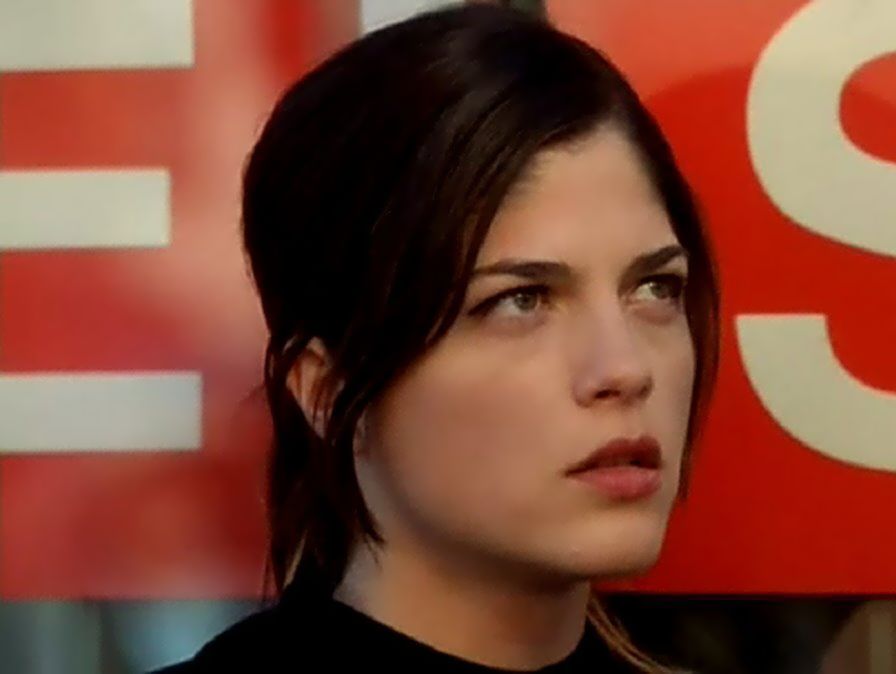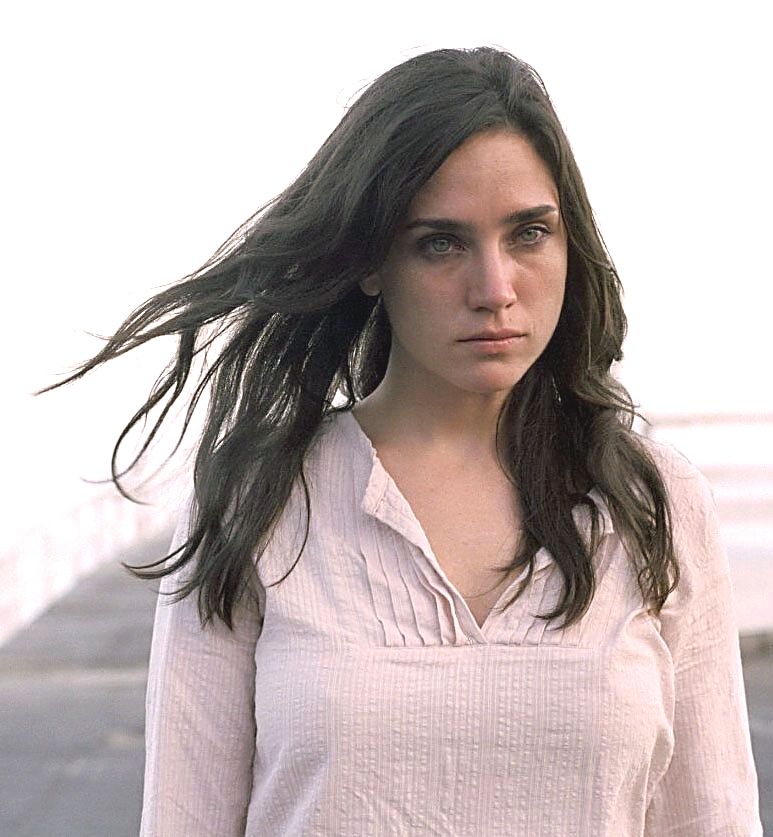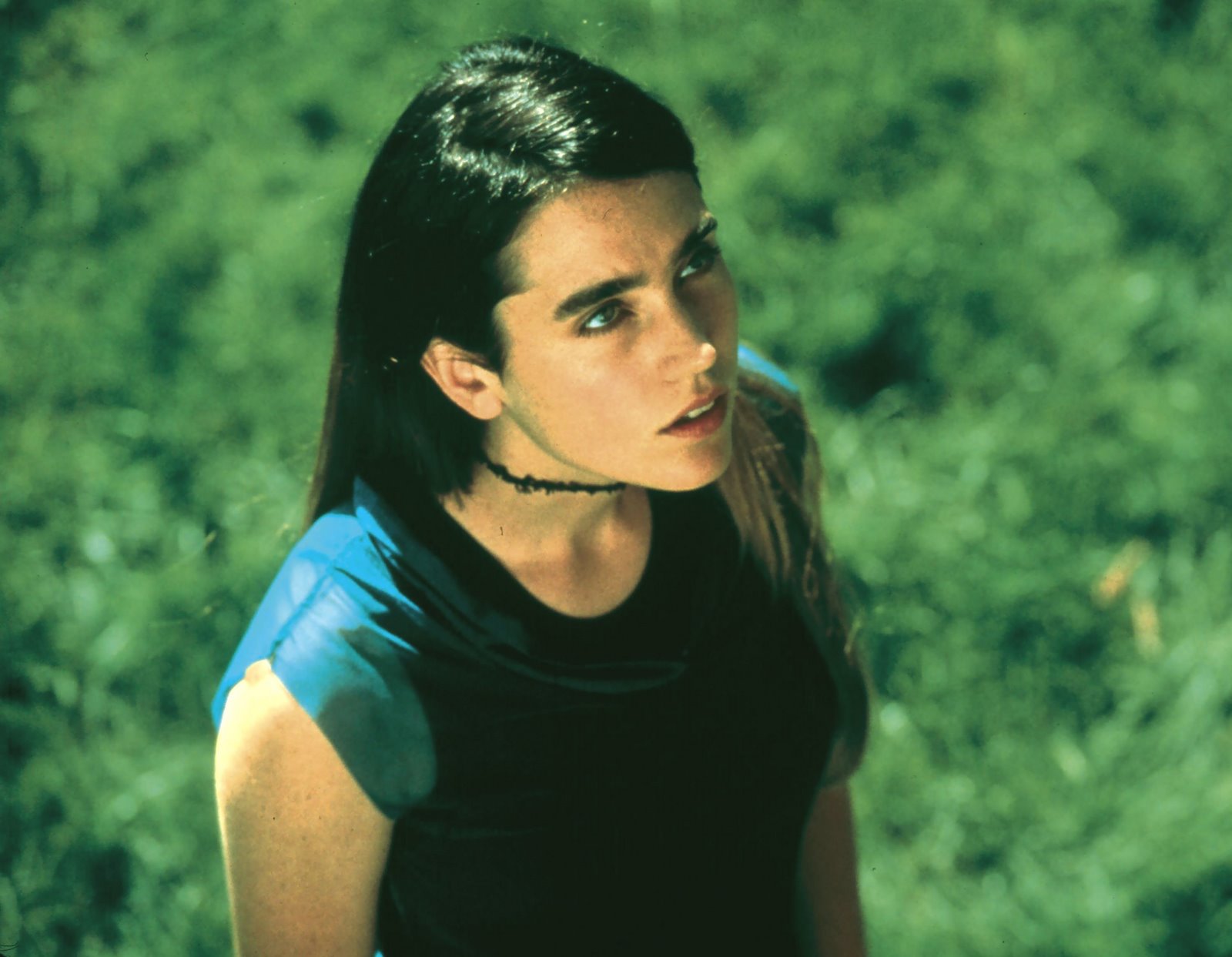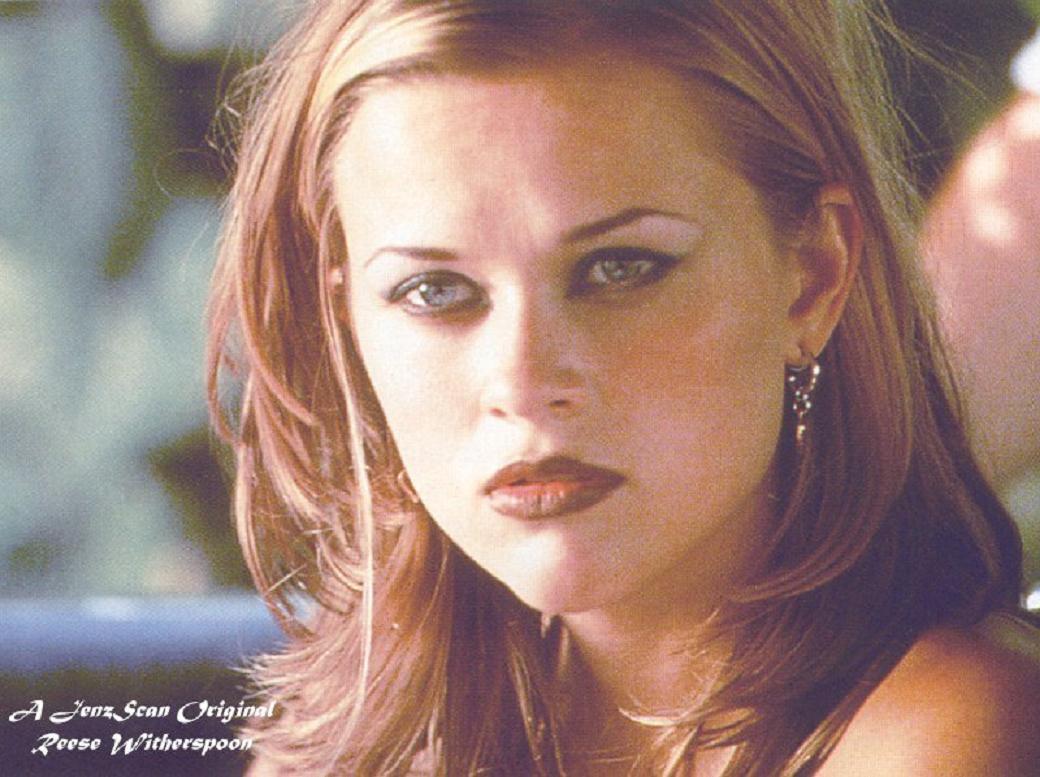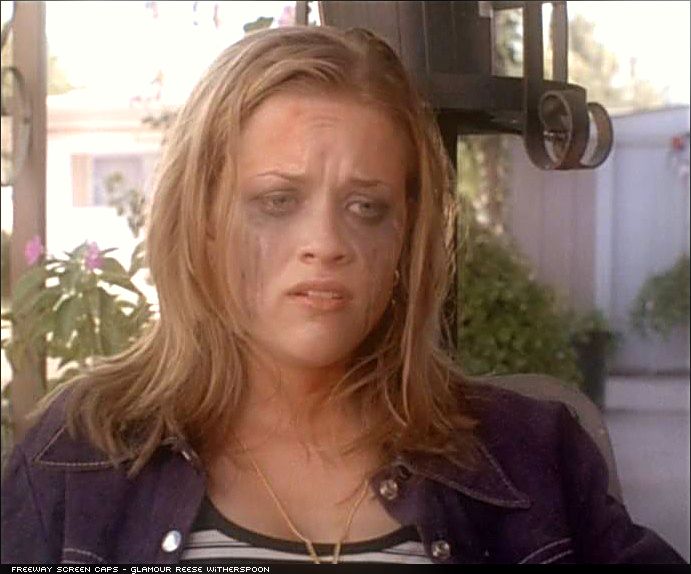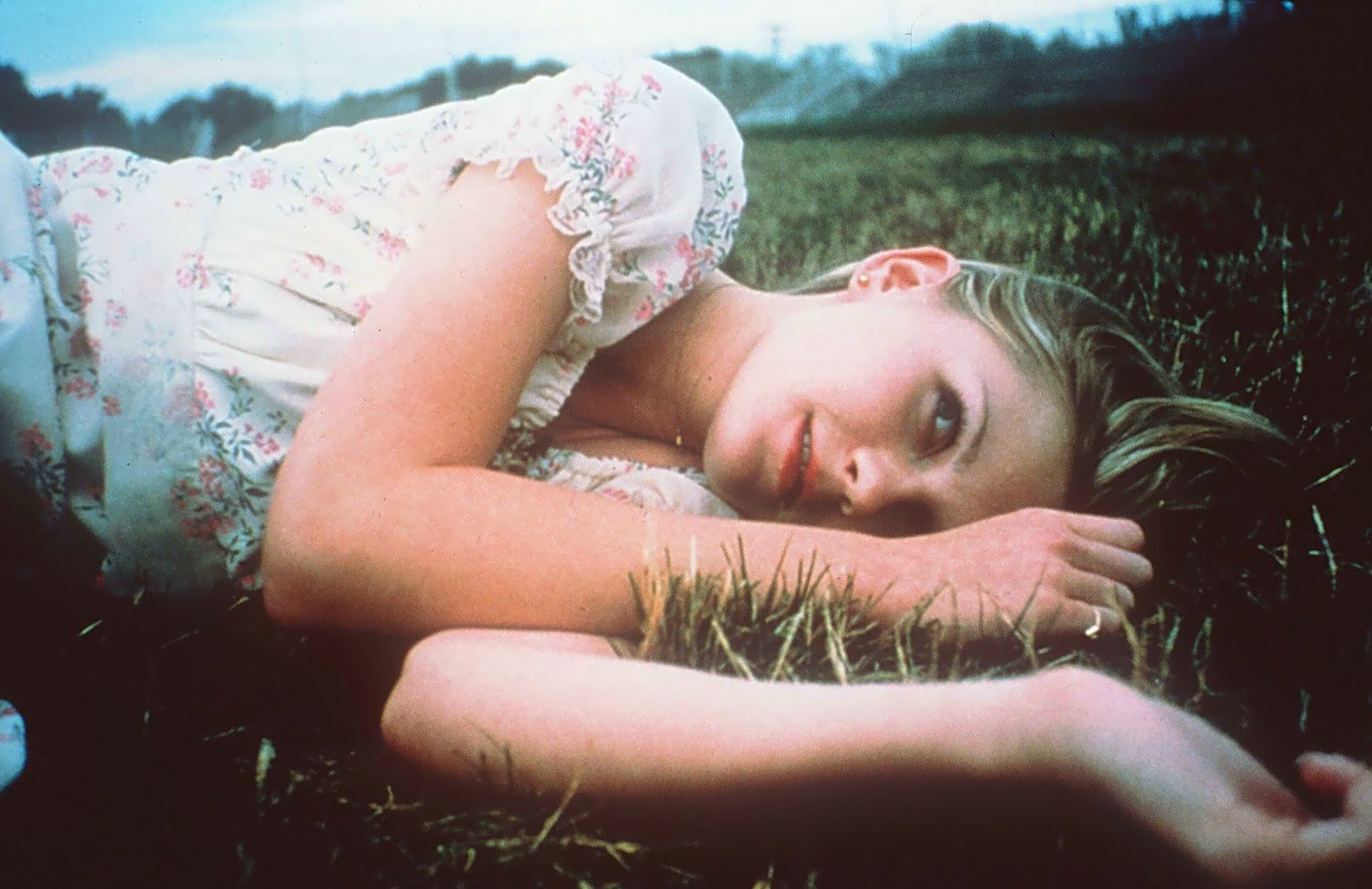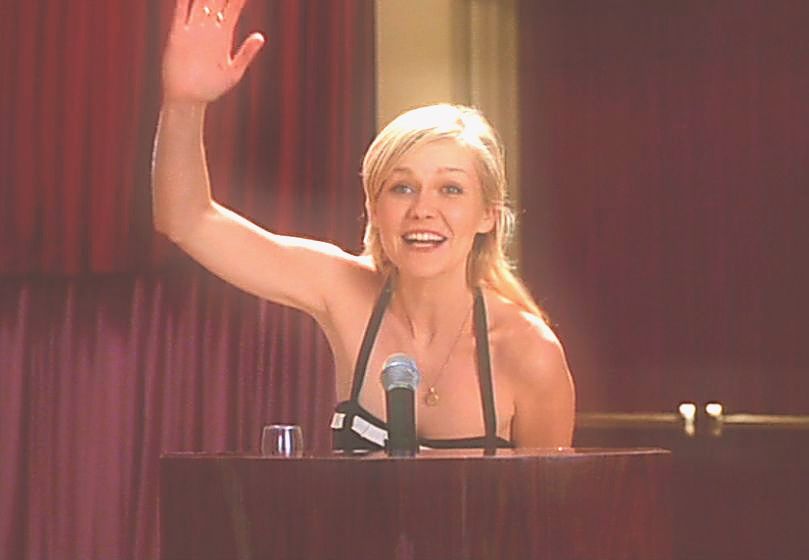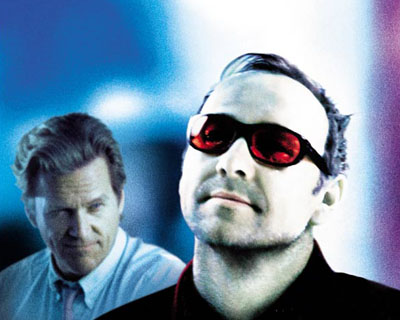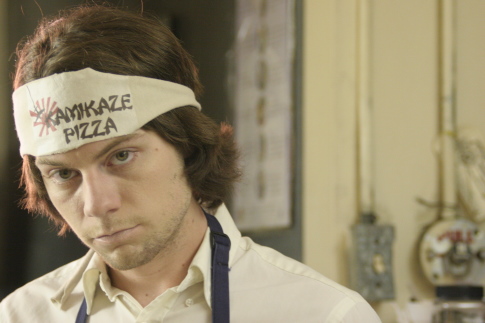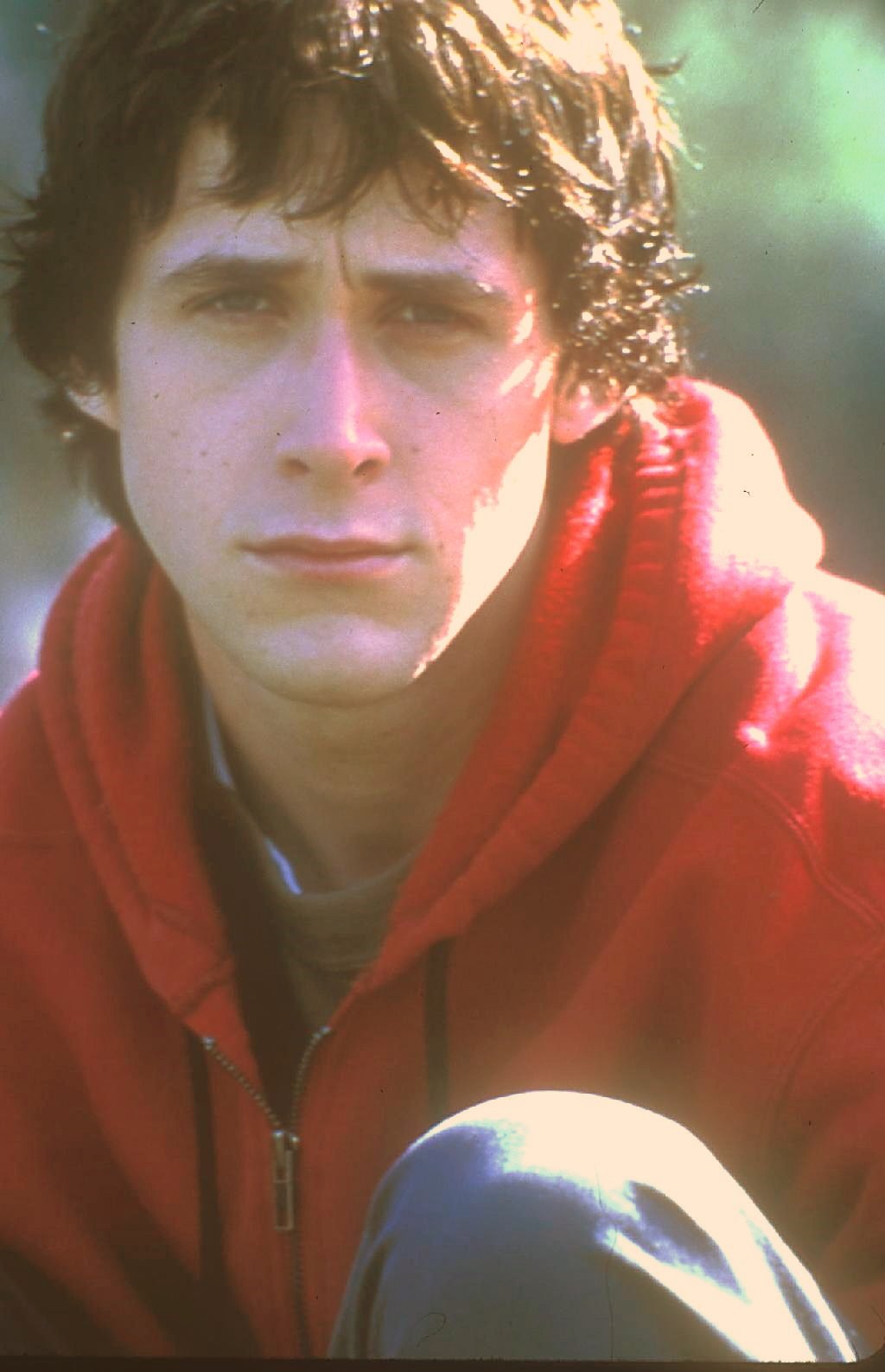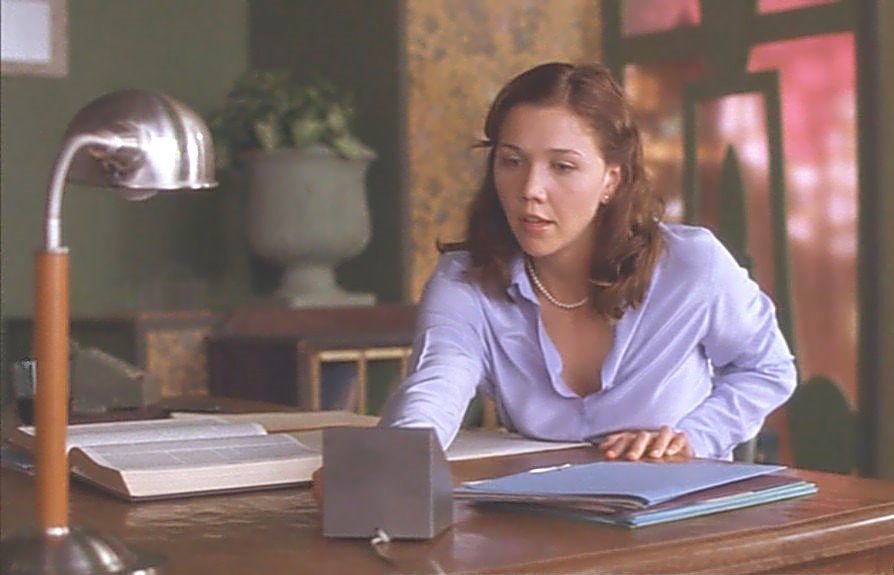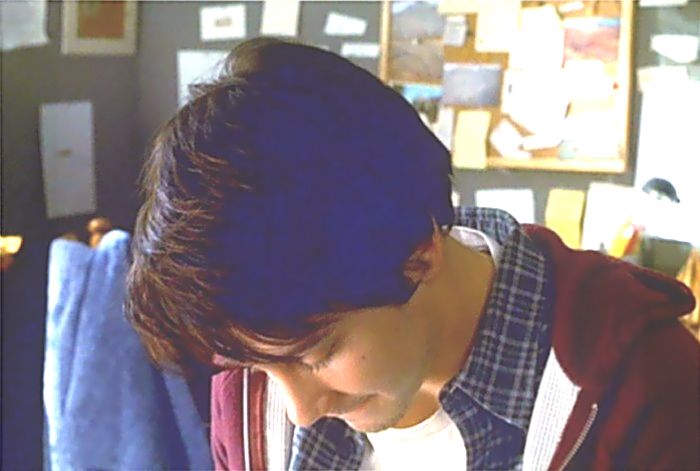 "Elmore Leonard has a lot to answer for in regards to the current state of crime cinema. Thin, almost non-existent plots are given the power of verite when they are driven by Leonard’s oddball characters, with their pop culture obsessions and mental hang-ups. The stories seem like Hammett and Chandler rewritten by the crime beat reporter for the New York Daily News.
"Elmore Leonard has a lot to answer for in regards to the current state of crime cinema. Thin, almost non-existent plots are given the power of verite when they are driven by Leonard’s oddball characters, with their pop culture obsessions and mental hang-ups. The stories seem like Hammett and Chandler rewritten by the crime beat reporter for the New York Daily News.  Double crosses and secrets unfold effortlessly, as though noir had never been invented, as though femme fatales were nothing but tanned beach babes 10 years past their prime looking for a sugar
Double crosses and secrets unfold effortlessly, as though noir had never been invented, as though femme fatales were nothing but tanned beach babes 10 years past their prime looking for a sugar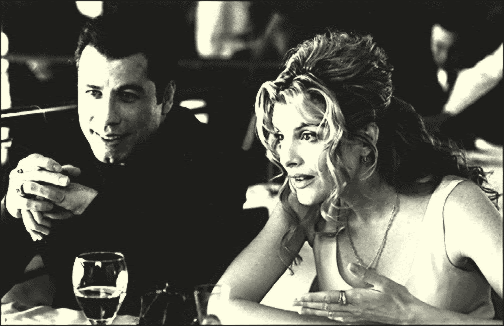 daddy to pay for their fix, or worse, a young fool looking for sincerity and love. He may be the quintessential fall guy ready for the picking, but in Leonard’s stories, as in Scott Frank’s assured directorial debut, “The Lookout”, he may not realize that he’s supposed to lose.
daddy to pay for their fix, or worse, a young fool looking for sincerity and love. He may be the quintessential fall guy ready for the picking, but in Leonard’s stories, as in Scott Frank’s assured directorial debut, “The Lookout”, he may not realize that he’s supposed to lose.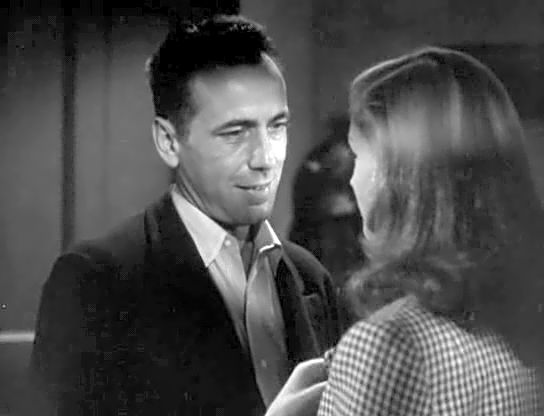 It’s the loser, the sap, and the fall guy that drives most of noir fiction. He’s really us, the ordinary everyman who’s not unintelligent, just too trusting. In a way, most noirs are coming of age stories where an innocent learns how vicious and cruel the world can be. Only in a noir, he usually learns it while a hunk of hot lead burns in his gut.
It’s the loser, the sap, and the fall guy that drives most of noir fiction. He’s really us, the ordinary everyman who’s not unintelligent, just too trusting. In a way, most noirs are coming of age stories where an innocent learns how vicious and cruel the world can be. Only in a noir, he usually learns it while a hunk of hot lead burns in his gut.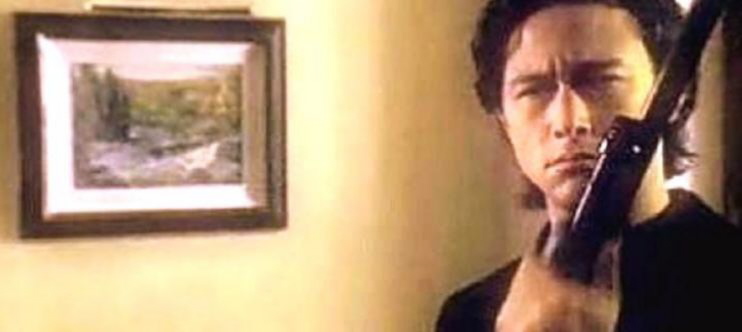 Dying, not only from the bullet, but also from the knife edge of betrayal, the noir hero can only tell us his story and hope to enlighten us to the ugly truth. The world is a cesspool and it’s only with a cold heart and steely eyes that a man may find peace.
Dying, not only from the bullet, but also from the knife edge of betrayal, the noir hero can only tell us his story and hope to enlighten us to the ugly truth. The world is a cesspool and it’s only with a cold heart and steely eyes that a man may find peace.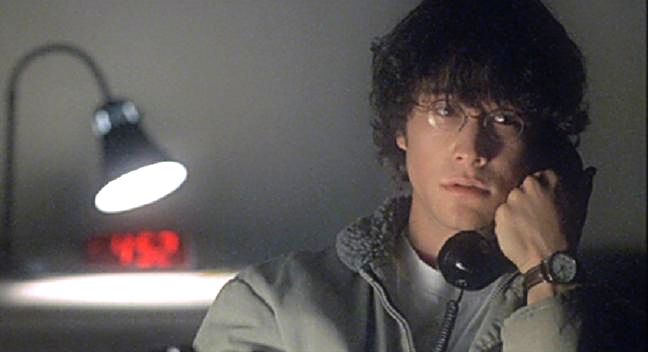 But peace in whatever form it comes in is not part and parcel of the noir genre. It’s danger, the adrenaline pumping danger of pulling off a crime, the pulse pounding danger of being on the run, and the erotic danger of sexual obsession.
But peace in whatever form it comes in is not part and parcel of the noir genre. It’s danger, the adrenaline pumping danger of pulling off a crime, the pulse pounding danger of being on the run, and the erotic danger of sexual obsession.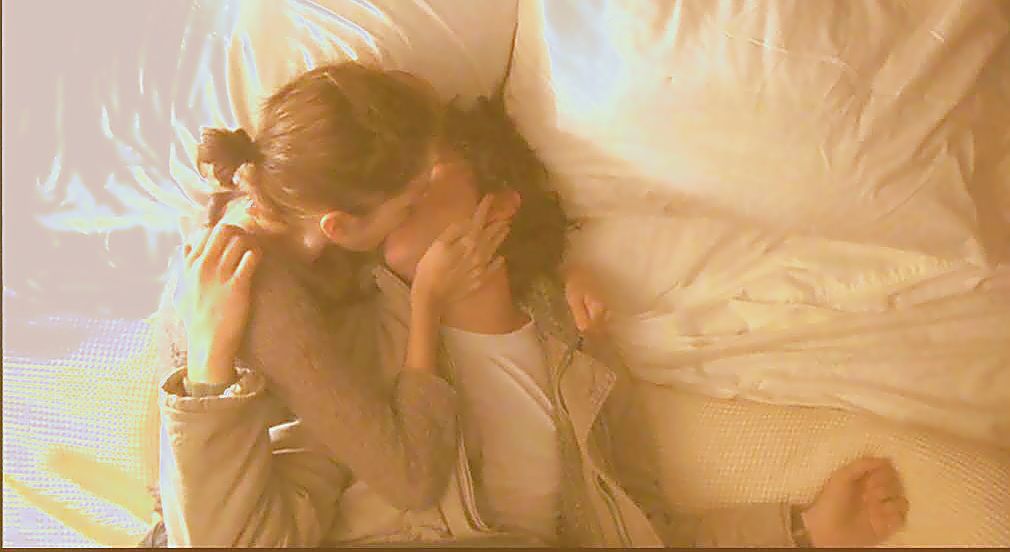 It’s the excitement that draws the noir hero to the danger like a moth to the flame. He knows that the object of his desire is destructive, but cannot turn back.
It’s the excitement that draws the noir hero to the danger like a moth to the flame. He knows that the object of his desire is destructive, but cannot turn back.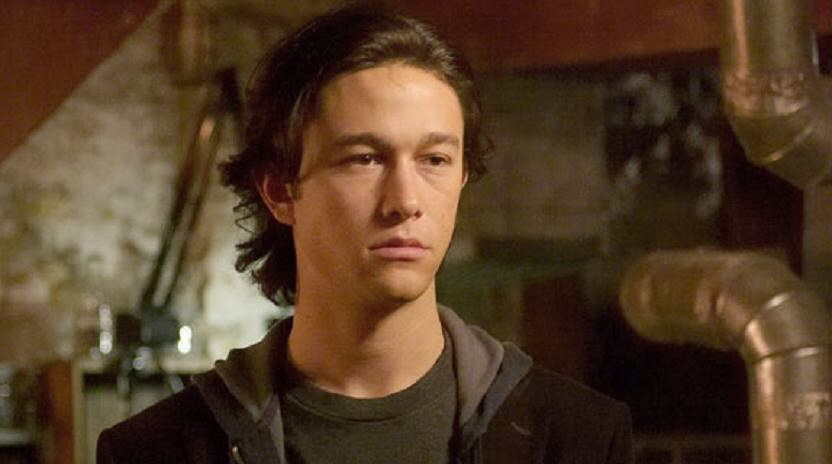 “Ritual. Pattern. Repetition.” These are words we hear in the noir voiceover of “The Lookout”. They are spoken in a drone like manner by Chris Pratt (Joseph Gordon-Levitt), the brain-damaged-bank-janitor–fall-guy-in-the-making narrator of “The Lookout”. The words are a catchphrase designed to help him keep his grip on the memory he lost in a car accident that shattered his life. Chris was once a High School hockey star from a privileged family with a bright future. You know, the likable kid who stayed likable even though he had everything.
“Ritual. Pattern. Repetition.” These are words we hear in the noir voiceover of “The Lookout”. They are spoken in a drone like manner by Chris Pratt (Joseph Gordon-Levitt), the brain-damaged-bank-janitor–fall-guy-in-the-making narrator of “The Lookout”. The words are a catchphrase designed to help him keep his grip on the memory he lost in a car accident that shattered his life. Chris was once a High School hockey star from a privileged family with a bright future. You know, the likable kid who stayed likable even though he had everything.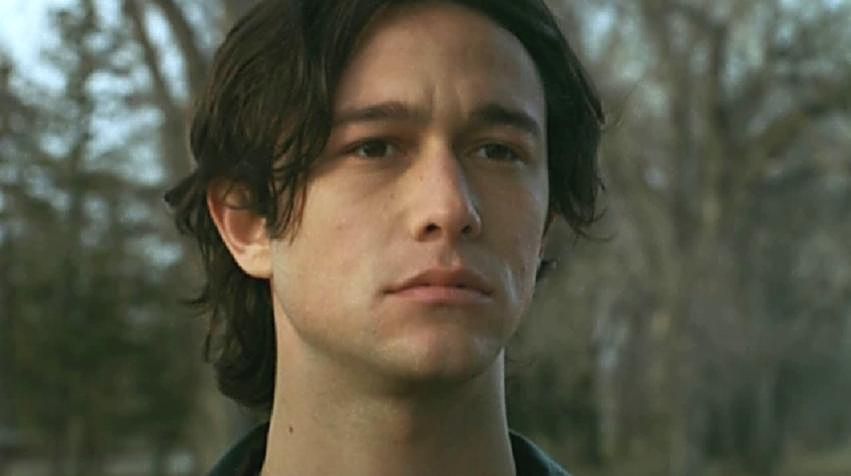 Following his accident, Chris is left with a faulty brain that cannot keep track of chronology. Ordinary activities like reading newspapers leave him angry and frustrated. He makes it through the day, day by day, by writing everything down in his notebook, a journal of life that does not mark the high points, but all points relevant to common existence.
Following his accident, Chris is left with a faulty brain that cannot keep track of chronology. Ordinary activities like reading newspapers leave him angry and frustrated. He makes it through the day, day by day, by writing everything down in his notebook, a journal of life that does not mark the high points, but all points relevant to common existence. 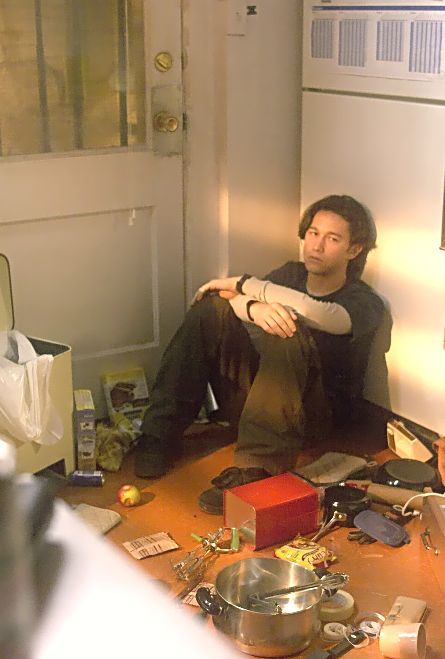 Like where the can opener is located.
Like where the can opener is located.They are, of course, planning a robbery that just happens to be at Chris’ bank. They really need his help, since he knows the whole layout. He would make a great lookout. Chris seems powerless to avoid getting involved. It’s been years since he’s been respected, since he’s been needed for anything. And it’s been years since he’s been involved with a beautiful girl.
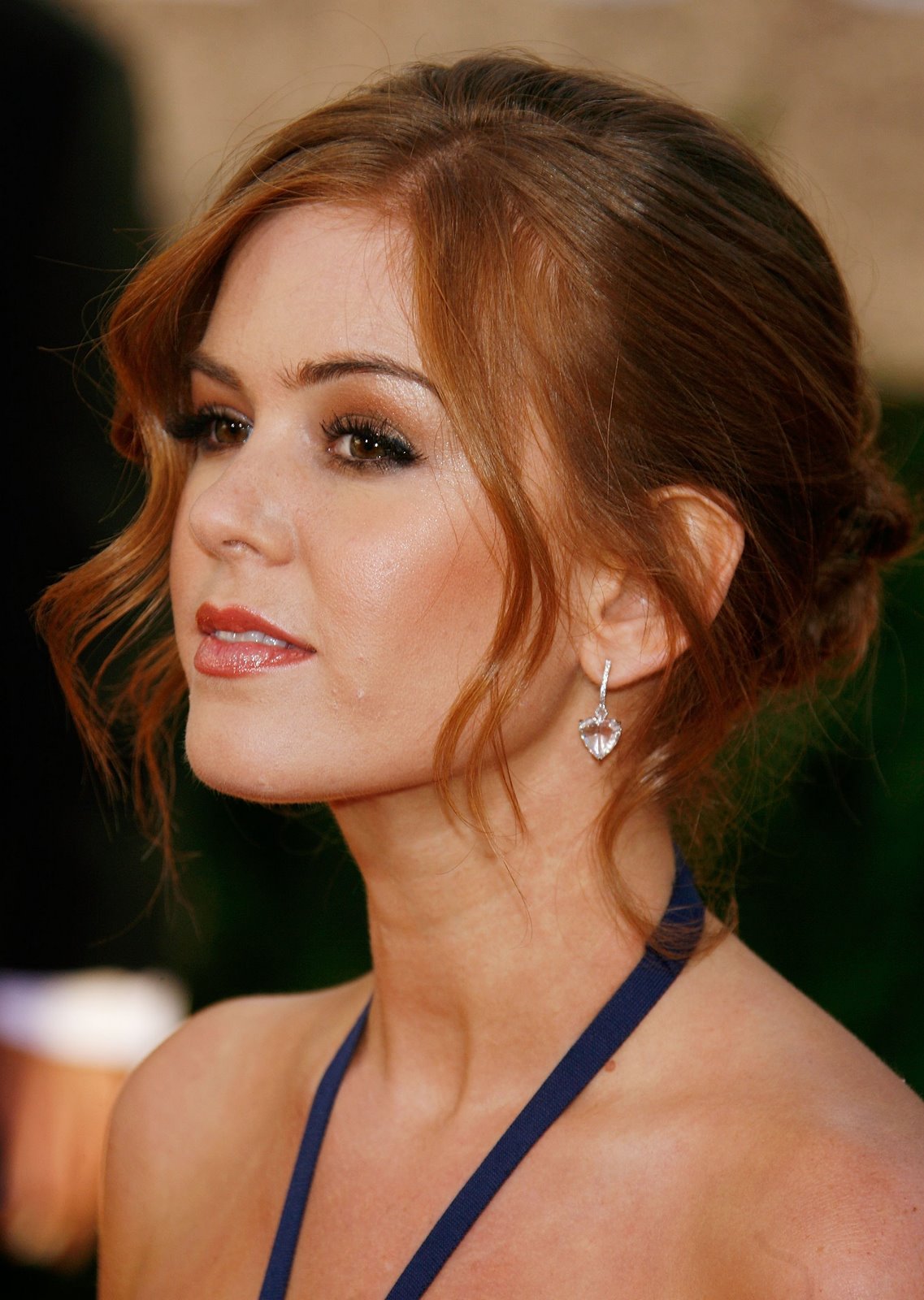 Even if her name is Luvlee Lemons and she’s not exactly innocent. When Lewis tells her about how he lost his sight, she says in a very flat tone, “That’s a sad story. I’m sorry…if it’s true.” A nice world she must come from.
Even if her name is Luvlee Lemons and she’s not exactly innocent. When Lewis tells her about how he lost his sight, she says in a very flat tone, “That’s a sad story. I’m sorry…if it’s true.” A nice world she must come from.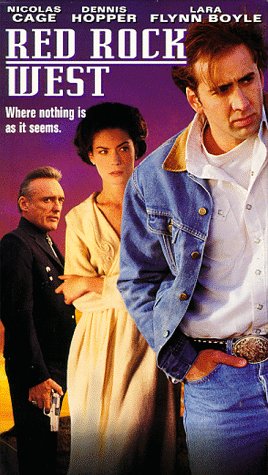 In many ways, “The Lookout” most resembles the neo-noirs of John Dahl from the ’90s, like “Red Rock West” and “The Last Seduction”.
In many ways, “The Lookout” most resembles the neo-noirs of John Dahl from the ’90s, like “Red Rock West” and “The Last Seduction”. The cast Frank puts together is absolutely perfect, and at its center, Joseph Gordon-Levitt is really something. How he underplays a role that seems to be screaming for some kind of explosive bad acting is a hint to his intelligence. He’s not a household name by any means, not even after 5 years on “Third Rock from the Sun”, but with any luck, that’ll change soon.
The cast Frank puts together is absolutely perfect, and at its center, Joseph Gordon-Levitt is really something. How he underplays a role that seems to be screaming for some kind of explosive bad acting is a hint to his intelligence. He’s not a household name by any means, not even after 5 years on “Third Rock from the Sun”, but with any luck, that’ll change soon.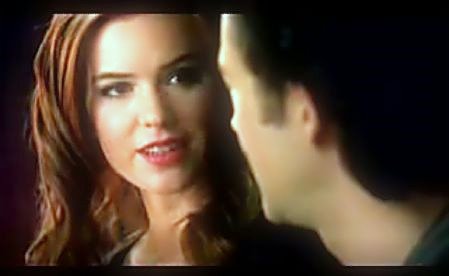 Luvlee Lemons is the thinnest character in the script and yet, [Isla] Fisher has the charm and charisma to make her seem more complex. She is also very attractive, and this is no small requirement in a story where the hero must fall for the potential femme fatale.
Luvlee Lemons is the thinnest character in the script and yet, [Isla] Fisher has the charm and charisma to make her seem more complex. She is also very attractive, and this is no small requirement in a story where the hero must fall for the potential femme fatale. It’s in the very use of the femme fatale archetype that Elmore Leonard has marked the contemporary film noir. Classical cinema died a bloody death around 1968, in a hail of bullets from Sam
It’s in the very use of the femme fatale archetype that Elmore Leonard has marked the contemporary film noir. Classical cinema died a bloody death around 1968, in a hail of bullets from Sam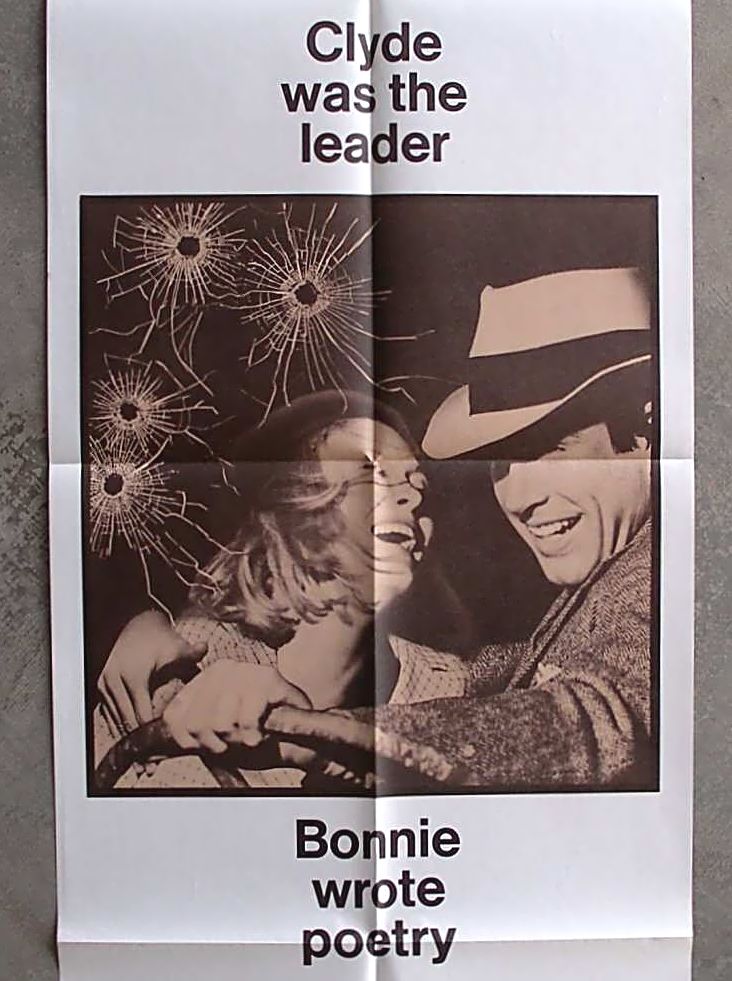 Peckinpah and Arthur Penn, and was run over for good measure by Dennis Hopper and Peter Fonda’s motorcycles. Genre films since then have all been played with quotation marks at the fade in and out points. What Leonard has demonstrated, and Quentin Tarantino brought to Hollywood, was a certain way of toying with the old conventions by arriving at them organically, through a story about some very original characters. Since they are original, their choices will be surprising, even if they are based on genre plots." Source: www.Beyondhollywood.com
Peckinpah and Arthur Penn, and was run over for good measure by Dennis Hopper and Peter Fonda’s motorcycles. Genre films since then have all been played with quotation marks at the fade in and out points. What Leonard has demonstrated, and Quentin Tarantino brought to Hollywood, was a certain way of toying with the old conventions by arriving at them organically, through a story about some very original characters. Since they are original, their choices will be surprising, even if they are based on genre plots." Source: www.Beyondhollywood.com

